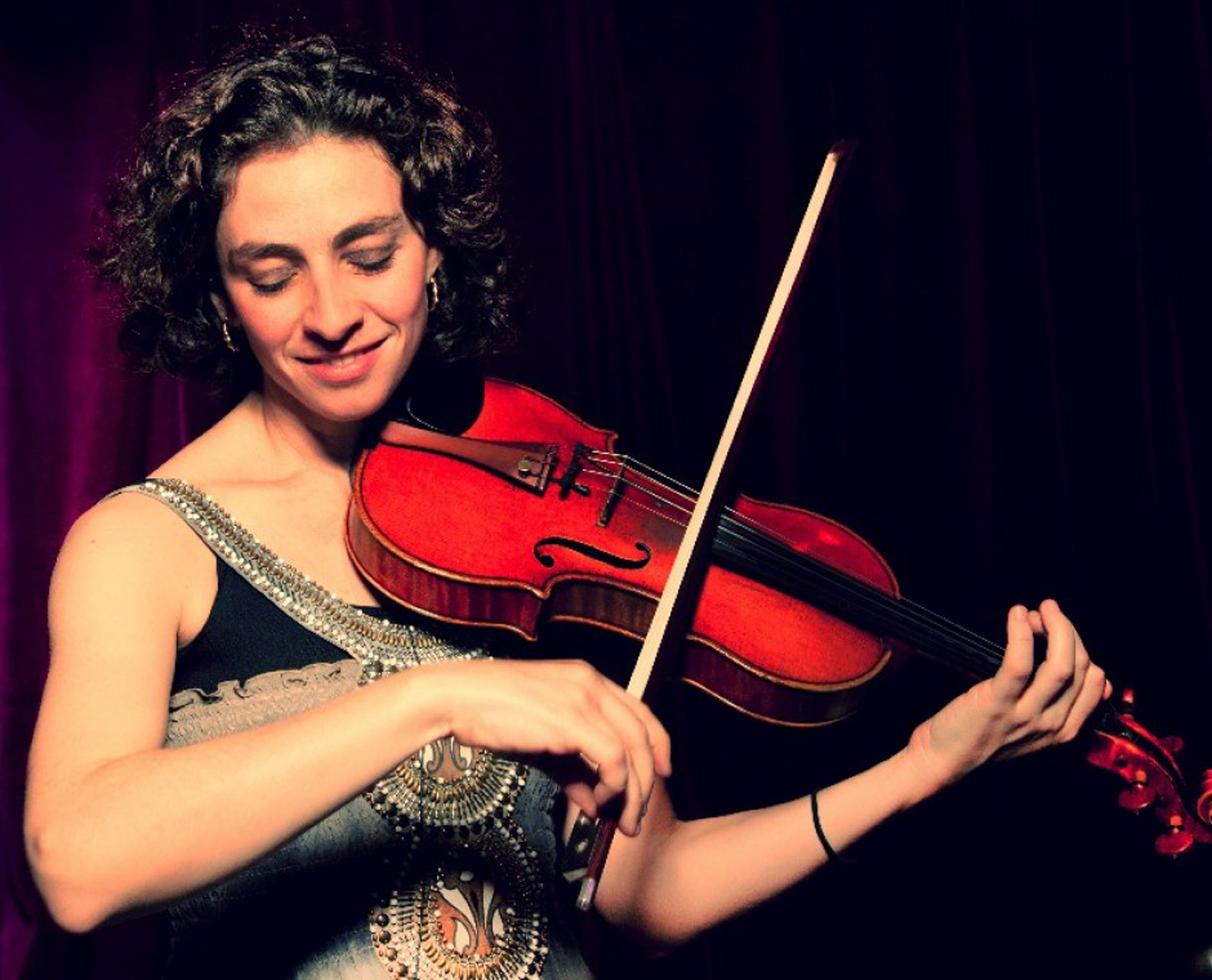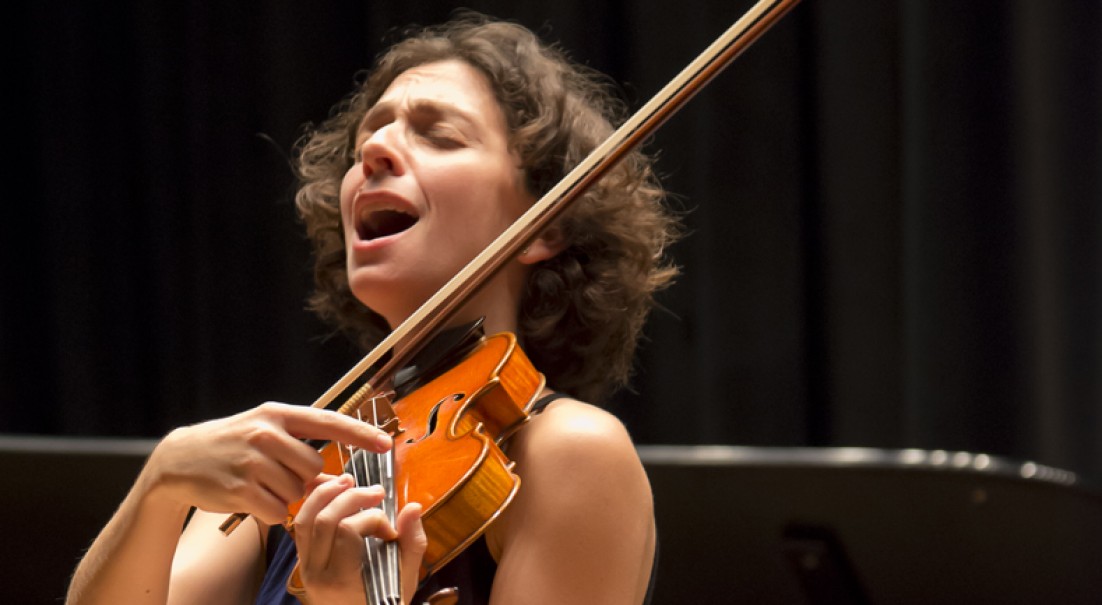Music and Community in Kabul
Home » Projects » Music in Community » Music and Community in Kabul
*******This page is being continually updated at the moment*******
I first visited Kabul in winter of January 2011. I was invited as a guest of the Afghanistan National Institute of Music during their Winter Music Festival. Since then, I have been back every year. I love Kabul and I love the people that I have met there. In spite of incredible hardships, music and art continues to thrive in Kabul, a testament to the strength of the Afghan people.
The Afghanistan National Institute of Music
From 1992 – 2004, music was banned in Afghanistan by conservative regimes. As soon as the ban was lifted, Afghan native Dr. Ahmad Sarmast, began putting the wheels in motion to open up the school, which finally took place in 2010. The school offers co-ed classes for boys and girls ages 9 – 21. When students enter in the 4th grade, they spend a year studying general music fundamentals and getting a feel for their options. Then, they choose an area of focus (either Western Classical or Afghan Classical/Traditional music) and an instrument, although many end up doing a little of both. Students at the ANIM study math and science in addition to languages, Islamic studies, and of course music, which involves individual lessons, ensembles, theory, and music history.
The ANIM community is quite diverse. Although most faculty are Afghan, several Western music teachers are there full time, from various parts of the world. The student body is made up of children from various ethnic and economic groups. Some come from Kabul’s upper class families. Others would normally be selling gum or cigarettes on the streets during the day as the main income earners for their families – families these children are given a stipend to allow them to send their kids to school. Finally, a large percentage of ANIM students live in orphanages in Kabul. These children have either lots their parents or come from families who live in isolated regions – their parents want their children to have an education, so they allow them to live at the AFCECO orphanage.


